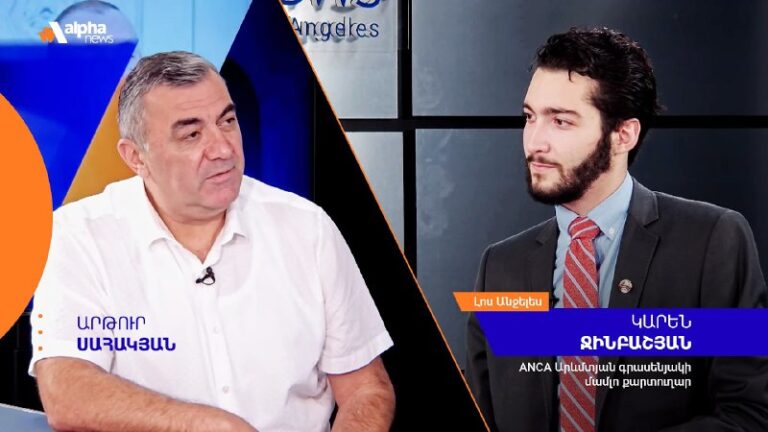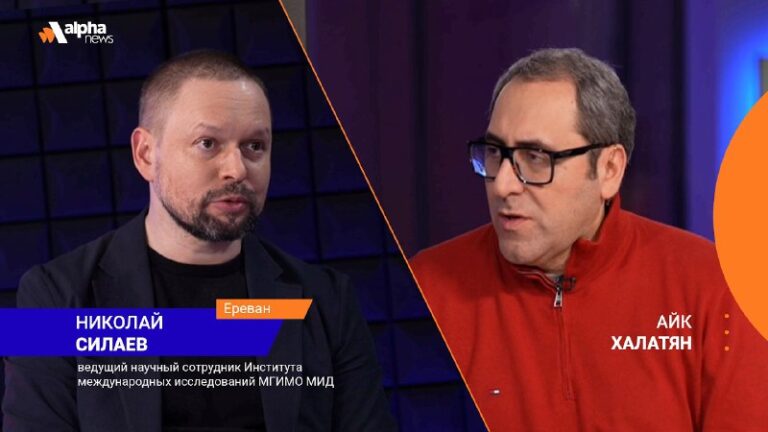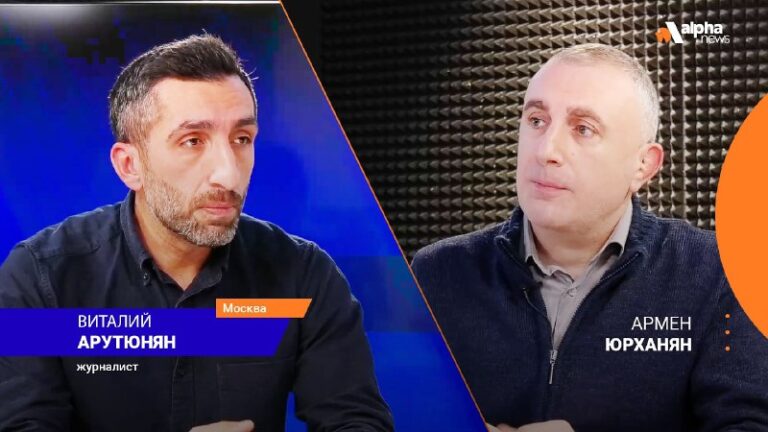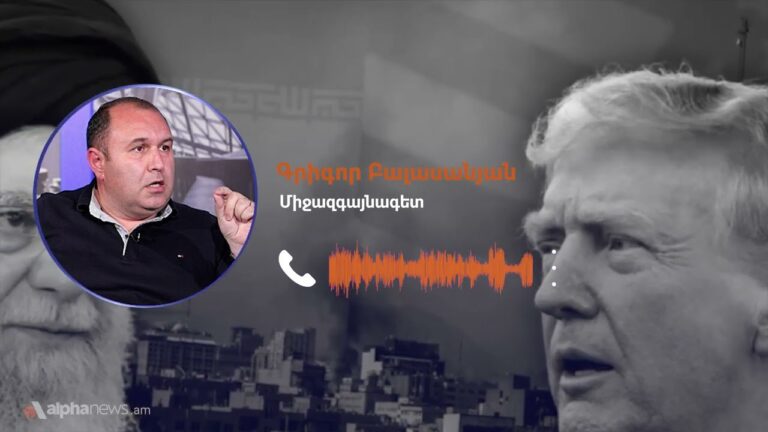It is obvious that Russia does not have a final decision on Armenia
June 06 2024, 16:15
Armenian-Russian relations hit crisis point as a “candy-bouquet period” between Nikol Pashinyan and official Moscow had passed a long time ago, with Pashinyan no longer declaring that “May 9 is his favorite holiday”, visiting the 102nd military base, sending troops to Syria, or expressing gratitude to Russia “for its help in the 2020 war”.
Almost every week, we observe indirect diplomatic attacks between the Armenian authorities and the official spokesperson of the Russian Foreign Ministry, Maria Zakharova. However, many things demonstrate that the parties are still not ready to finally cross the red lines, beyond which they will face a total collapse of relations. Each side has its own reasons for this. Pashinyan, fearing Russia’s harsh backlash, chose a half-step tactic such as announcing Vladimir Zelensky’s visit through his media and his associates but not inviting him or completely ending political contacts with the CSTO but not boycotting consensus decisions in the organization.
For Russia, it is important to maintain its presence in Armenia until an alternative is created in the region, where Russia can even deploy its troops.
However, understanding the direction of Pashinyan’s policy, Russia periodically reminds him about the economic component of Armenian-Russian cooperation, that more Armenians live in Russia than in Armenia itself, summons the ambassador for consultations, etc.
Along the same lines, we need to look at the comments made by Russian Deputy FM Mikhail Galuzin, who stated that “the rash decisions of the Armenian authorities, which will ensure full access of Westerners to national databases and information sensitive to the country’s security, not only threaten the sovereignty of the state, but can also make it objectively impossible to return to joint work on building a common defense space with Russia and other CSTO allies.”
A clear message is being sent to Yerevan, outlining the red lines of Armenia’s cooperation with the West and pointing out that the integration of Armenia’s state systems into Western systems may threaten the security of Russia, and then Moscow can act without regard to the country’s membership in the CSTO or the centuries-old relations between the two peoples.
It is obvious that Russia does not have a final decision on Armenia, which leads to the fact that, on the one hand, Russian cabinet members and senators talk about the benefits of Armenia from economic cooperation with Russia and, during periods of Armenia’s political turbulence, declare that “Nikol Pashinyan’s positions are strong”, and on the other hand, they hang a “Chekhov’s gun” over the heads of Pashinyan and Armenia, hinting at possible consequences in the event of Armenia’s complete geopolitical shift…
The only problem is that Russia believes that the “stick” capable of influencing the Armenian leadership is in their hands, and Pashinyan believes that the “stick” is in the West, and the Russian “stick” can only affect Armenia, and this does not bother Pashinyan much.
We reach this conclusion after analyzing all six years of Pashinyan’s rule of the country, with his personal interests always outweighing the interests of Armenian statehood.
Think about it…







